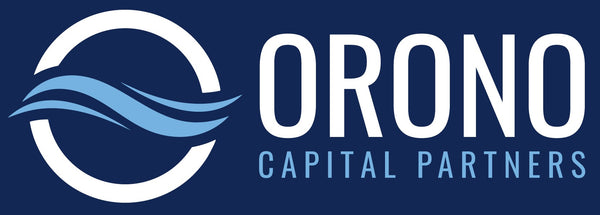
Who Provides Capital to Independent Sponsors?
David ShulerThe rise in popularity of independent sponsors has been accompanied by a rise in capital providers willing to back them. As both parties experienced positive outcomes, enough success stories were created and shared throughout the PE industry, which then ignited an entrepreneurial spark in several mid- to senior-level investors who were growing tired of the fund life.
In this article, we highlight a handful of the most active capital provider types to these transactions in recent years:
1) Mezzanine firms. Traditional mezzanine firms were the early adopters among capital providers. Historically, mezzanine firms sought to invest subordinated debt with 12-15% yield and up to 20-30% of the fund as an equity co-invest. However, a combination of decreasing global interest rates and rising competition over the last 10-15 chased down debt returns. Meanwhile, equity co-investment opportunities became skinnier as traditional PE funds with excess dry powder sought to deploy enough of their own dollars.
Consequently, firms such as Greyrock Capital, Tecum Capital, and Plexus Capital began leaning into the independent sponsor sector over the years, not only as a strategy differentiator, but also an opportunity for elevated returns through greater equity investment potential.
2) Institutional co-investment firms. Another significant category was created as mid- to senior-level PE executives began to depart their traditional PE funds and pursue deals as an independent sponsor. Often times those executives had interaction and relationships with limited partners as well. Meanwhile, for years these institutional investors had begging for direct co-investment opportunities alongside their fund managers as both a means to deploy more capital, and to sidestep fees and carry economics due to GP through fund investment. So naturally as more PE executives transitioned out and needed new co-investors, the parties reacquainted and these institutions stepped up.
Whether the sponsor labels itself an Emerging Manager, or seeks to remain independent for the long haul, the institutions have responded with an appetite for this type of deal flow.
3) Traditional PE firms. As the old expression says, "If you can't beat 'em, then join 'em." Traditional sponsors hungry for deal flow recognized that independent sponsors were digging up interesting proprietary deals all over the country, and befriending this community could supplement their traditional deal flow strategies. The economics would be diluted by management fees and carried interest, of course, but a fund with sizable dry powder funds and resource constraints have grown comfortable with accepting more-modest returns.
Many PE firms have sizable portfolio companies already, and time spent to not only attend board meetings, but also perform value-added activities such as source add-on acquisitions, create dashboards, work with management teams, etc is time-consuming. In this way, investing in independent led transactions can be an alternative to hiring another VP or Principal...with the added benefit that their salary is paid by the company in the form of management fees (and NOT from the GP's management fees, which are being squeezed). And ultimately the traditional PE fund will have the right to make whatever leadership and governance changes are needed anyways, so leaning into these transaction types gives them an option on the upside with less involvement.
4) Family offices. This category continues to fly under the radar, due mostly to these firms preferring privacy and confidentiality. Few attend ACG events, the firm names are often times different than the family name, and assets under management is scarcely disclosed. Further, family offices can act without a strict mandate to invest 20% per year or risk not being able to raise a new fund. Instead, their concerns are capital preservation and absolute return.
That said, similar to the discussion above regarding institutional co-investment firms, family offices have evolved from investors in traditional funds, to direct co-investors alongside their fund managers, to now having appetite for more direct deals. The difficulty for the independent sponsor is knowing who to reach, and whether that group is responsive. Best case scenario is to find a family office in which the entrepreneur who created wealth for the family is still involved, perhaps even has industry experience, and can serve an advisor or mentor to independent sponsor or management team.
The good news is that independent sponsors have many different capital provider types to select from. The concern is that the task of finding the right partner can become daunting. and time-consuming! Finding the best economics is important to be sure, but so too is finding a partner with experience, leadership, and personality fit. Orono Capital Partners is here to help our independent sponsor clients find the best partner in a big ocean of options.
